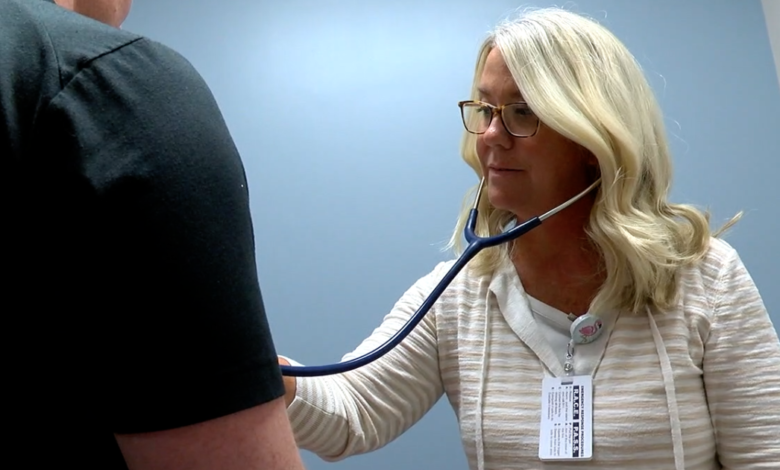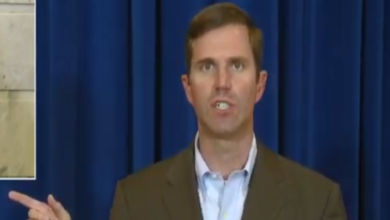
CINCINNATI — Kentucky, Indiana and Ohio experienced big jumps in overdose deaths throughout 2020, according to estimates released by the Centers for Disease Control and Prevention.
How big? A 53% increase in Kentucky, a 33% increase in Indiana and a 21% increase in Ohio. Each number sets off alarm bells for treatment advocates, some of whom said they believe the COVID-19 pandemic played a significant role.
“You know, the isolation may have caused some relapse for people who had significant recovery time,” said nurse practitioner Summer Trenkamp, who works with recovering drug users at Brightview Health, on Thursday.
John Kues, who has been sober since 2012, said he has many peers who struggled to maintain their sobriety in a country on lockdown. He understands, he added.
“In the beginning, the things that got me sober was going to meetings and that interaction with other people, knowing they’ve been through the same thing that I’ve been through, and they’re doing well and they saw it out the other side,” he said. “And even though the meetings changed to where they were online at a certain point, it’s still not that intimate connection you felt with people, and you need that early on in sobriety.”
Kenton County Commonwealth’s Attorney Rob Sanders said he’s starting to notice an uptick in the number of drug cases reaching his courts, which wasn’t the case early in the pandemic.
“A lot less people, during the shutdowns, were getting caught because police officers are just as scared of the virus as everyone else, so there were a lot less traffic stops,” he said. “There are a lot less people being stopped on the street, basically a lot less people getting caught with their drugs, so that’s a lot more people using drugs and, as a consequence, a lot more people overdosing on drugs.”
He also believes a Kentucky state government move to release some defendants from jail to reduce crowding led to more drug use.
“There was a gap where the state was releasing them without the mandate that they go to treatment,” he said.
That’s since been ironed out through the Supreme Court, he added.
Trenkamp and other health workers dedicated to recovery want struggling people to know there’s hope and compassion available for them.
"We treat it like it is it's a chronic disease like anything else, like diabetes, hypertension,” she said. “So when they come here, they're going to get complete care. We look at the whole person."







